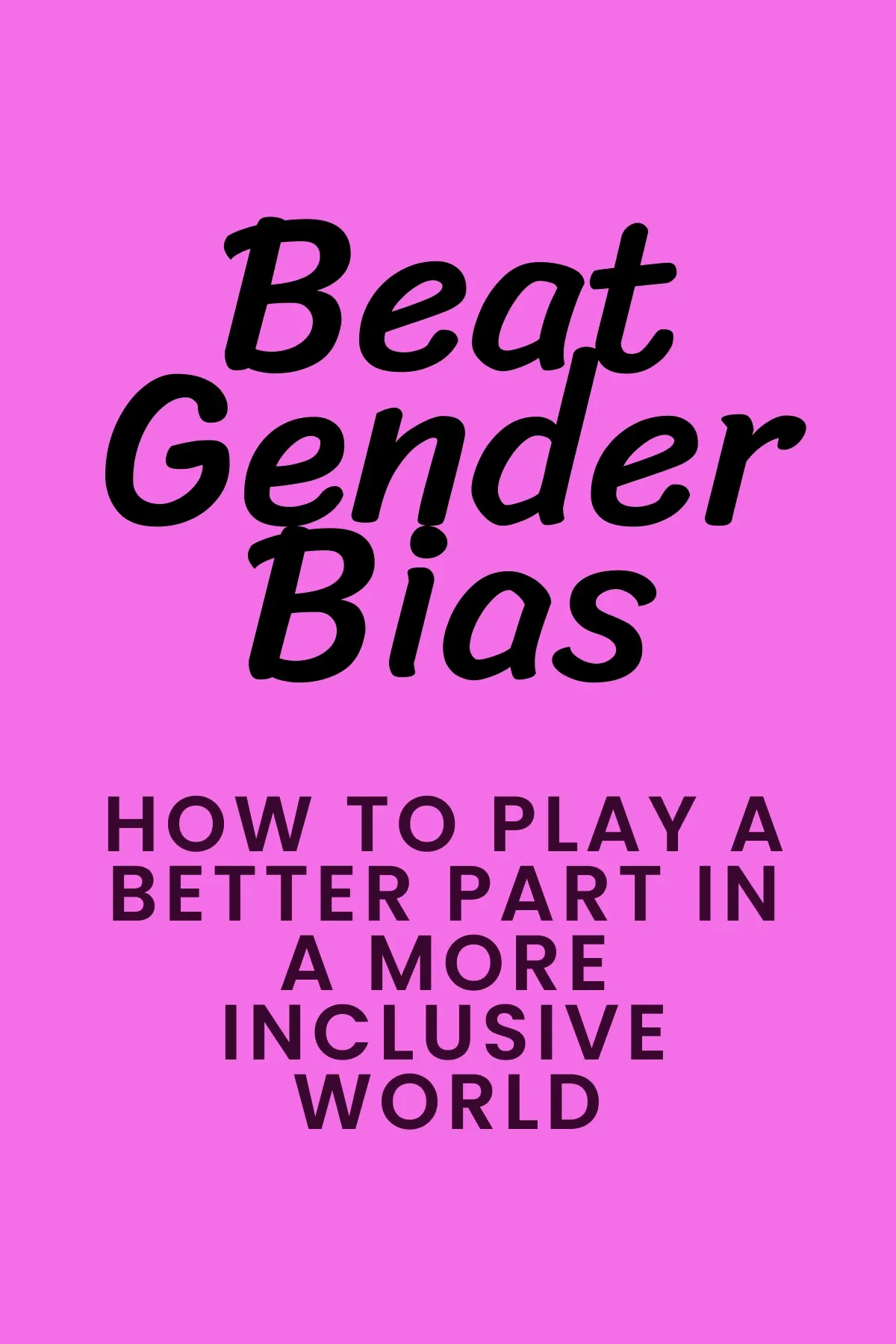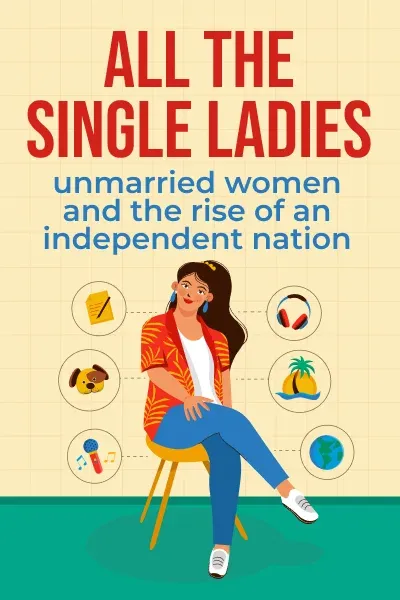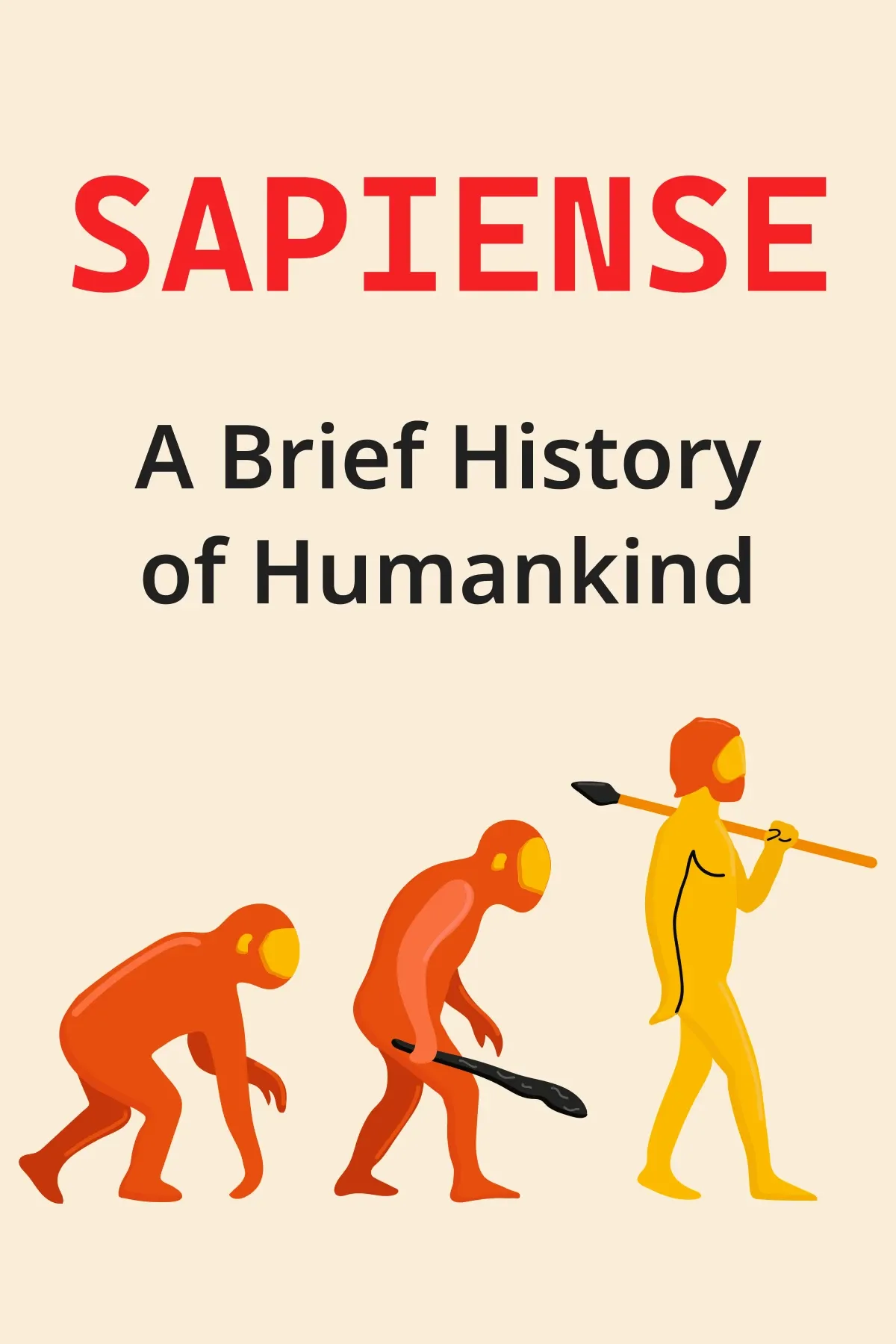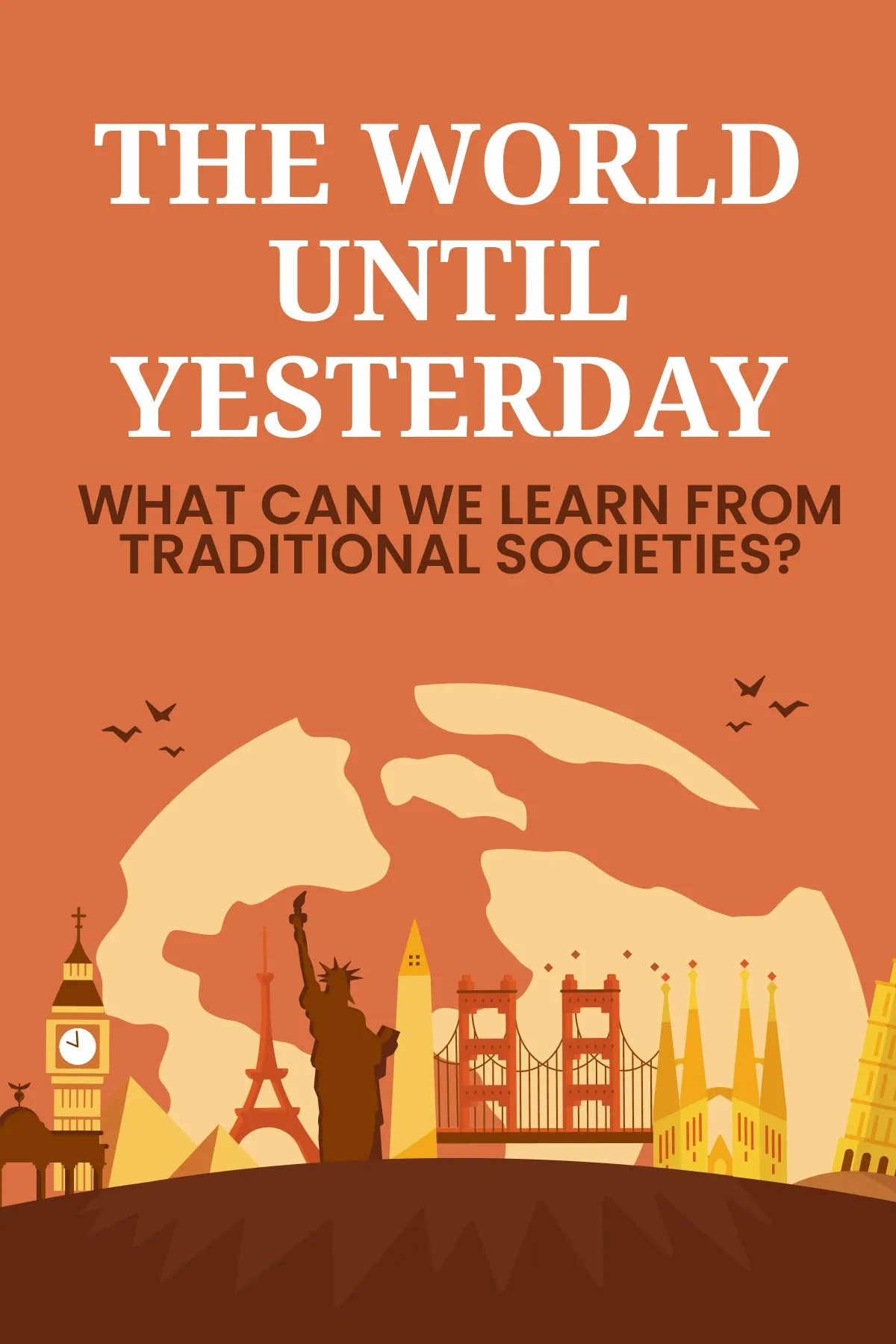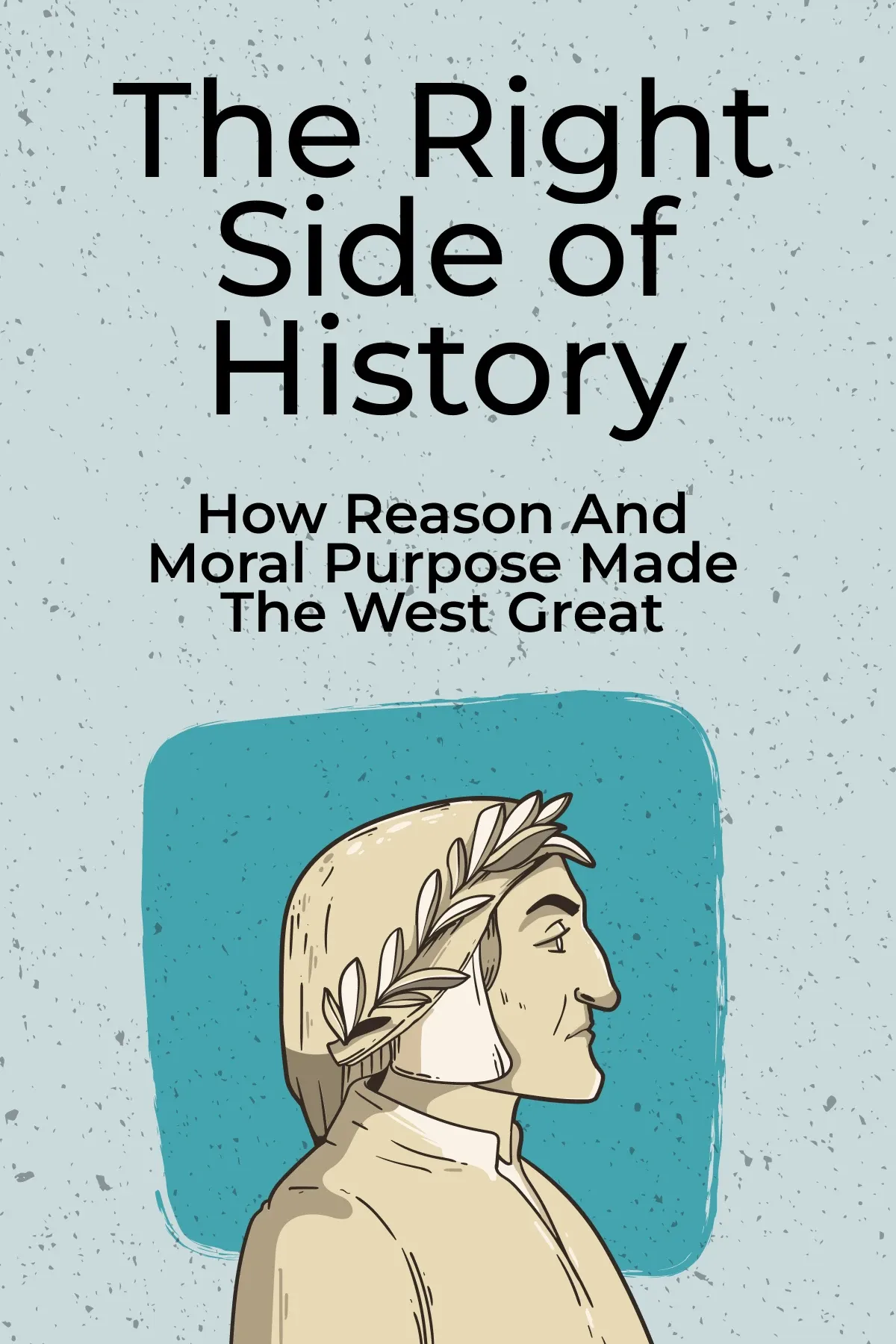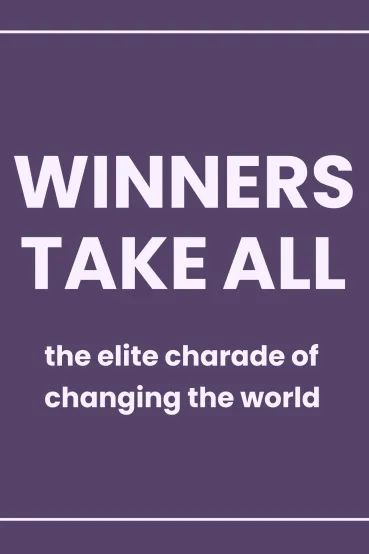
Winners Take All
Brief Summary
“Winners Take All” by Anand Giridharadas is an eye-opening must-read for those interested in how the wealthy manipulate society for their own gain. It exposes tactics such as taking workers' rights and pretending to care about social issues to increase power and wealth. The book also explores the impact of popular culture on promoting societal equality.
Key points
Key idea 1 of 7
Hilary Cohen, a recent philosophy graduate, faced some difficult choices about her future. As a young adult growing up after the worldwide financial crisis, she wanted to make a positive impact but was unsure of the path to take. Her choices ranged from volunteering to studying to become a rabbi to equipping herself with entrepreneurial skills to better the world. Eventually, she was drawn to the latter.
Hilary's dilemma reflects the struggle of her generation. Those who have grown up in the last few decades have been unavoidably exposed to the escalating disparity, particularly in the US. This reality became more palpable between 2010 and 2014 when Google searches for "inequality" in America doubled.
In his book *Capital in the Twenty-First Century*, Thomas Piketty shows that income inequality in the United States has gotten worse. According to Piketty's research, college graduates in the top 10% of earners now earn double their 1980s counterparts. The income increase for the top earners clearly indicates that the economy is skewed towards the wealthy. However, this is not the case for those in the poorest half of earners, who experienced only a meager $200 income increase overall.
Young adults like Hilary have realized that even in their divided and affluent surroundings, economic and social disparities require attention. This awareness has prompted them to seek ways to effect meaningful societal change. For Hilary and her contemporaries, this meant immersing themselves in the business world and understanding its mechanics.
Hilary chose to work for a management company, not just to climb the corporate ladder but to leverage capitalism to address social issues. In her quest, Hilary embraced neoliberalism, a philosophy that advocates a free market and minimal government intervention. Neoliberalism expects corporations to take responsibility for driving societal change.
However, this perspective carries a notable risk. If society entrusts the wealthy elite with tackling issues of power and inequality, they may ignore them altogether. Generally, those in power are reluctant to relinquish their control. And if resources were to be distributed more fairly, they would be forced to do just that.
FAQ
You may also like these summaries





